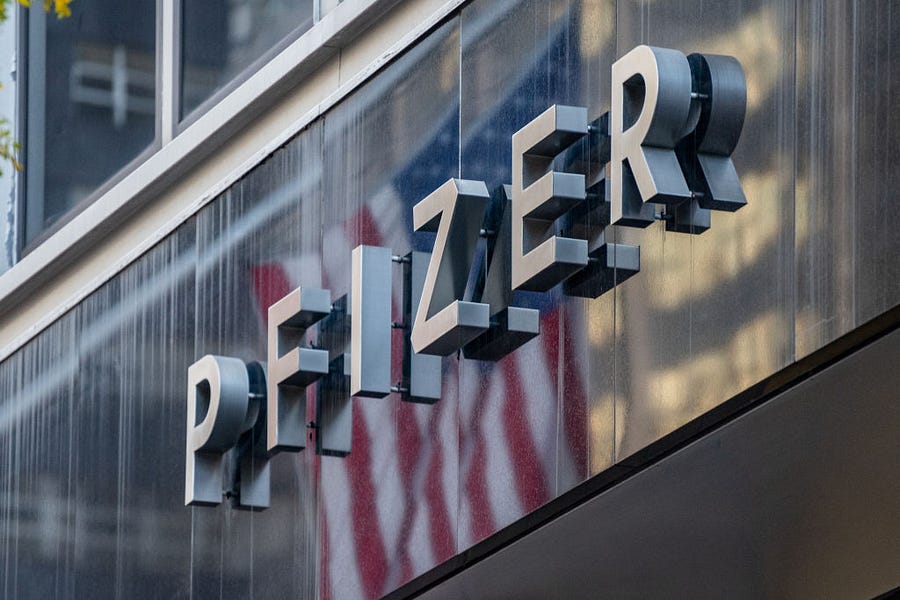In a letter to the New England Journal of Medicine on February 17, two Canadian researchers, Danuta Skowronski and Gaston De Serres, suggested “deferring second doses” of the COVID-19 vaccine “until all priority group members are offered at least one dose.” The suggestion is based on an analysis of documents from Pfizer that were submitted to the FDA, which found, among other things, that one single dose of the Pfizer vaccine is 92.6 percent effective against COVID-19.
Based on this research, a widely circulated tweet claims “Pfizer says new data shows 1 dose is 93% effective after 2 weeks, almost as good as 2 doses. They urge a change in policy to single dosing.”
Despite this new research, Pfizer hasn’t changed its policy on dosage and is not urging “a change in policy to single dosing.”
While it’s true that Pfizer data did show an efficacy rate of almost 93 percent after two weeks with just a single dose, it wasn’t the drug company specifically that is recommending a change in policy, but the researchers.
The author of the tweet was quick to tweet a correction: “CLARIFICATION: The 1st Pfizer related letter (single dose effectiveness) is not directly from Pfizer, but based on Pfizer data.”
The clarification, while accurate, still seems to have left some confusion, and many sharing the original tweet suggesting that Pfizer has changed its policy.
The Dispatch Fact Check reached out to a spokesperson from Pfizer via email to further clarify the matter: “Right now, we do not have any Pfizer-led data suggesting a change to dosing (see our label) and our current research is specific to two doses 21-days apart.”
Representatives from Pfizer also issued a response to the New England Journal of Medicine letter saying that: “In response to Skowronski and De Serres: we would like to emphasize that alternative dosing regimens of BNT162b2 have not been evaluated. The decision to implement alternative dosing regimens resides with health authorities; however, we at Pfizer believe that it is critical for health authorities to conduct surveillance on implemented alternative dosing schedules to ensure that vaccines provide the maximum possible protection.”
If you have a claim you would like to see us fact check, please send us an email at factcheck@thedispatch.com. If you would like to suggest a correction to this piece or any other Dispatch article, please email corrections@thedispatch.com.







Please note that we at The Dispatch hold ourselves, our work, and our commenters to a higher standard than other places on the internet. We welcome comments that foster genuine debate or discussion—including comments critical of us or our work—but responses that include ad hominem attacks on fellow Dispatch members or are intended to stoke fear and anger may be moderated.
You are currently using a limited time guest pass and do not have access to commenting. Consider subscribing to join the conversation.
With your membership, you only have the ability to comment on The Morning Dispatch articles. Consider upgrading to join the conversation everywhere.